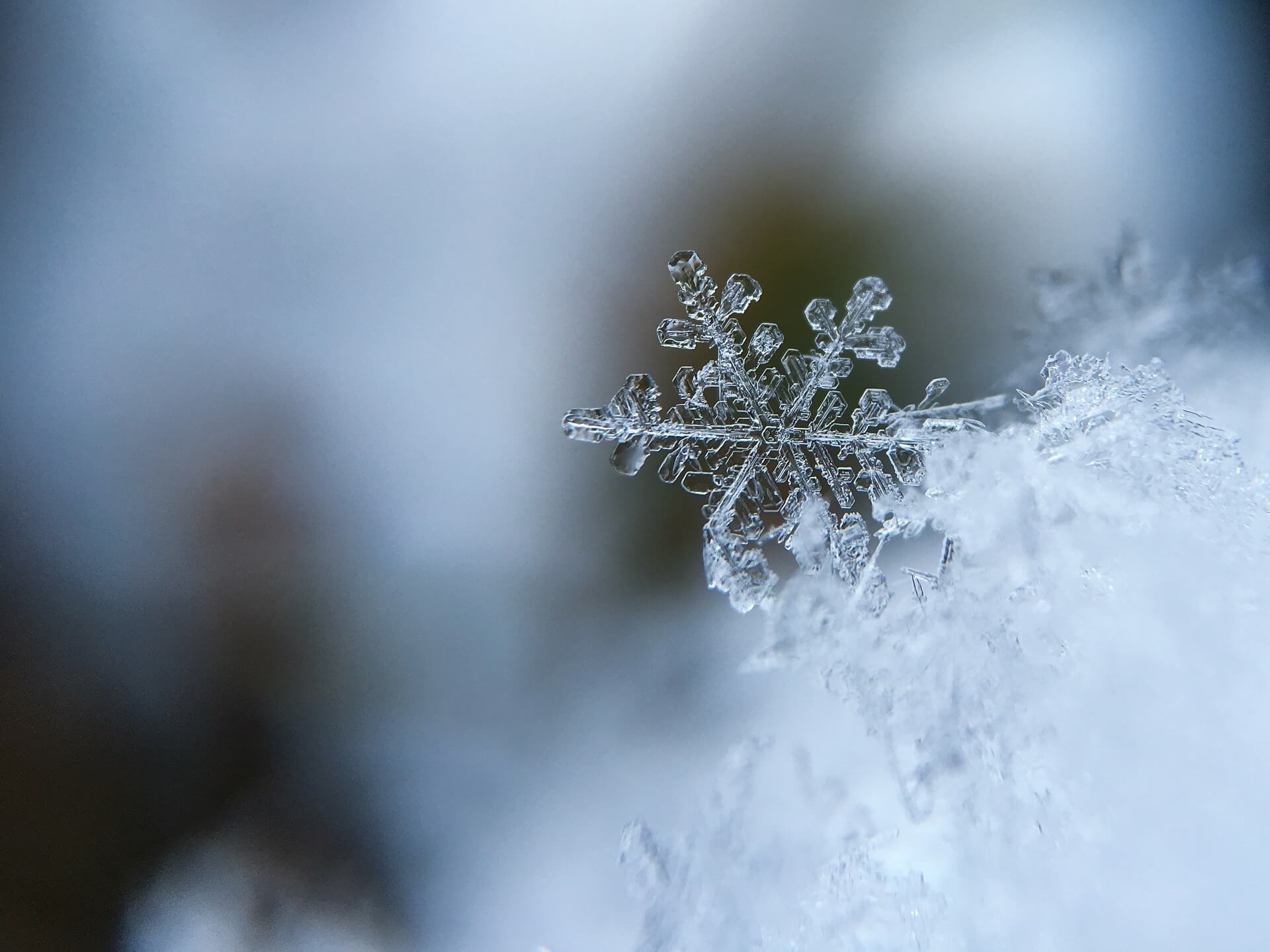It may be too early to worry about them, but it’s certainly not too early to begin planning for, and thereby taking steps toward preventing, frozen pipes. After all, if you’ve lived in our area for even just a year, you know that winters can be pretty harsh on your home.
The thing is, frozen pipes can result in a great deal of damage if not properly managed. As water in the pipes freeze, it expands and puts pressure on the walls of the pipes, which leads to leaks or even bursts. If you want to protect your plumbing from this fairly common fall and winter time problem, though, there are some pretty easy steps you can take, which we’ve delved into below. If you have any issues or questions, don’t hesitate to reach out to a professional plumber in Littleton, CO, such as any member of our team!
Preventing Frozen Pipes
As we alluded to above, this certainly isn’t a “right now” problem, but as temperatures cool and you stop using your outdoor plumbing, here are some tips to follow in order to prevent frozen pipes.
Open Your Outdoor Faucets: Naturally, these pipes will be the most prone to freezing. Also, be sure to turn off the water flow to these faucets, whether you use them for sprinklers or hoses, or any other outdoor application.
Leave your faucets open even after you have let all the water drain from them. You may even consider placing insulated caps on your hose and faucet openings as an additional layer of protection. Once you’ve done this, you can move on to the following steps.
Disconnect Hoses: You probably have hoses you use outside during the warmer months, right? Well, before temperatures drop too low, be sure to disconnect, drain them, and store them indoors if possible.
Insulate Your Pipes: There are a number of pipes throughout your living space that may be vulnerable to freezing temperatures, but that you still need access to during the winter. What we mean by this is, these pipes are attached to faucets that you can’t just drain and turn off the water supply to—such as under-sink pipes, pipes down in your basement, or pipes that run through your crawlspace.
In order to properly guard this section of your plumbing system during the winter months, you’ll want to invest in some pipe insulating sleeves. You can pick these up from your local hardware store, and this helps keep the temperature of the water in your pipes from dropping too low to cause a problem. You could, instead, do this with towels if you have enough.
Keep Cabinets Cracked Open: This tip may have you scratching your head, but bear with us! Plumbing fixtures in your bathroom area or kitchen are typically under the sinks or run behind the walls that lead outside, right? This makes their pipes sensitive to freezing. But if you leave your cabinets slightly open, then it will help the warmth from your heater reach them, and make them less susceptible to freezing.
“What If My Pipes Froze Anyway?”
Unfortunately, it happens. This is especially true after a few consecutive days of temperatures below 30°F. If this does occur, the most important thing you can do is to contact our professionals. We don’t recommend trying to unfreeze the pipes on your own—this can cause more harm than good! Additionally, it can cause injury as pipes can burst while they are thawing (due to pressure buildup).



